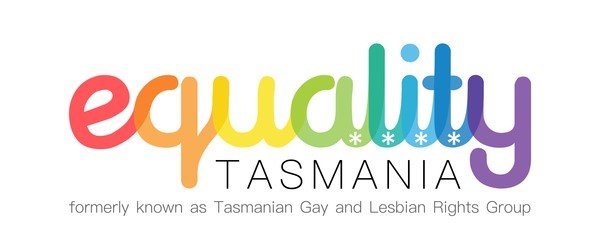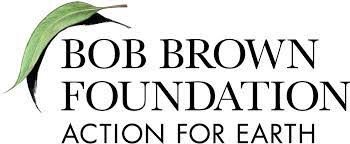A blow for democracy as Tasmania’s anti-protest bill passes Upper House
The Rockliff government’s alarming new anti-protest law has passed the Upper House in a move that will weaken Tasmania’s democracy and erode the right to protest.
The Police Offences Amendment (Workplace Protection) Bill 2022 was passed with a number of amendments, including the removal of proposed increases to penalties for street obstruction.
Leading Tasmanian and national civil society organisations have criticised the passing of the bill, which significantly increases some penalties and creates new offences for non-violent protest-related activity. The groups labelled the bill as unnecessary, disproportionate and anti-democratic, and called for it to be repealed at the earliest opportunity.
While amendments were made to protect Tasmanians protesting workplace rights and conditions, the same protections weren’t afforded to Tasmanians protesting on the range of other issues of importance to the community.
Although these amendments reduced the proposed penalties, civil society groups remain concerned that the changes will discourage individuals and groups from engaging in lawful, peaceful protest.
Under the new laws:
A community member who obstructs access to a workplace as part of a protest could face 12 months in prison;
A community member protesting the destruction of old growth forests on a forestry site could face a penalty of over $13,000 or 2 years in prison;
An organisation supporting members of the community to protest could be fined over $45,000.
The bill could become law as early as this week, when it returns to the Tasmanian Lower House for approval.
Kieran Pender, Senior Lawyer, Human Rights Law Centre, said:
“Tasmania’s democracy is weaker for the passing of this bill. Even with the amendments, it is a bad bill that should never become law. This bill will have a chilling effect on the right to protest in Tasmania, limiting the ability of people to exercise their democratic rights.”
Jo Flanagan, CEO, Women’s Health Tasmania, said:
“Women protesting against sexual and family violence, or for the right to access health care will be at risk because of the passing of this Bill. And non-Government organisations and charities supporting people with human rights concerns will be very wary of supporting or organising rallies – up until now a time honoured way of drawing people’s attention to issues of public concern. What community Board could cope with such huge fines? We are grateful the Legislative Councillors voted to overturn the clause restricting protest in public places but overall, this is such a sad day for Tasmania.”
Bob Brown, founder of the Bob Brown foundation, said:
“There are many more than me, and many younger than me, who will not be deterred from peacefully protecting Tasmania’s seas, forests and wildlife. The government, bowing to corporate thuggery, is criminalising effective peaceful protest while legalising seal shooting, owl destruction and parrot extinction. It is up to all citizens to determine for themselves what to do in this age of such deliberate destruction of nature.”
Rachel Hay, Research Fellow at the Australia Institute Tasmania, said:
“Today is a dark day for democracy in lutruwita/Tasmania. While the modest amendments that remove some of the worst elements of this law are welcome, it still remains an attack on our democracy, and should never have passed the Upper House.
“The legislation as it stands still sees a peaceful protestor holding a placard fined $8,650 or given 1 year in prison – more than a person who trespasses with a gun. The Tasmanian House of Assembly must reject this draconian attack on our right to peaceful protest.”
Rodney Croome, President of Equality Tasmania, said:
“Tasmania is a more inclusive place for LGBTIQA+ people thanks to three decades of protest, so we are very concerned about the adverse impact of this Bill. We are glad the Upper House voted down the clause restricting protest in public places. But overall, the Bill will still have a chilling effect on protest and the reforms that flow from it.”
Media contact:
Ray Yoshida, Australian Democracy Network, 0404 614 469, ray.yoshida@australiandemocracy.org.au
Michelle Bennett, Human Rights Law Centre, 0419 100 519, michelle.bennett@hrlc.org.au





